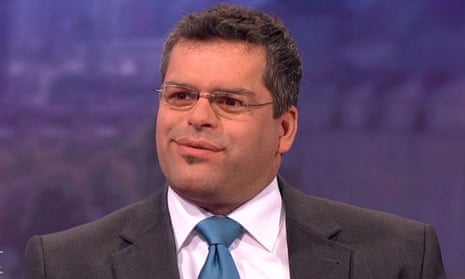Germany’s leading Nazi hunter has identified four men and four women suspected of having served at a concentration camp near Gdańsk, and prosecutors will examine if they can be charged as accomplices to murder.
Jens Rommel, the head of Germany’s central office for the investigation of Nazi crimes in Ludwigsburg, told the news agency DPA that the eight suspects were alive and in Germany. He said their cases had been forwarded to prosecutors across the country.
The eight suspects had worked at the Nazis’ Stutthof concentration camp near what is now Gdańsk in Poland. Some worked as guards, others in different roles such as as secretaries and telephone operators. The office in Ludwigsburg does not prosecute cases itself but has been collecting information for state prosecutors for decades.
Many living suspects, most of whom deny guilt, are growing frail more than 70 years after the end of the second world war.

“Germany’s commitment to identifying more former Nazi camp guards is encouraging,” Ronald Lauder, president of the World Jewish Congress, said in a statement. “Given the vast system of concentration and extermination camps put in place by the Nazis, and the number of personnel needed to run and guard these sites, it comes as no surprise that a few of these perpetrators are still alive, even today.”
Germany’s state justice ministers last year gave Rommel’s office up to 10 more years to continue its investigative work before it is turned into a documentation centre.
The 2011 conviction of the Sobibór death camp guard John Demjanjuk gave the office in Ludwigsburg new legal territory to explore. It was the first time that involvement in a death camp was seen as sufficient grounds for culpability even without proof of a specific crime.
